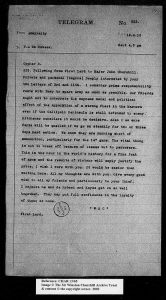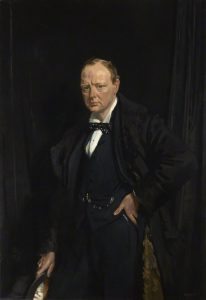StoryElement
Defeat

Winston Churchill, Parliament Square, London © Sue Lowry & Magellan PR
January 1, 1970
Although it seemed unlikely that Churchill, who had led Britain to victory, could lose, he didn’t help his cause. His broadcasts seemed ill-judged and out of touch with the swing in public opinion towards a party which favoured a welfare state and the general reconstruction of a society ravaged by years of war. Churchill unwisely accused the Labour party of having to reinforce socialism with a political police not unlike the Gestapo.
As Richard M. Langworth notes in his Churchill: In His Own Words, his daughter Sarah had advised him to take the reference to ‘Gestapo’ out, but he didn’t.
Unexpectedly – seemingly for Churchill, at least – Labour won a landslide victory. Churchill, after a brief holiday in France, returned from the Potsdam Conference (where he met with Stalin and Truman) to find himself, on 26 July 1945, out of Downing Street.
He was shocked by the scale of his defeat (Labour won by a massive 186 votes) and his resulting eviction from power and the seeming rejection of a previously adoring nation stunned and saddened him.
He resigned the same day.
For recent discussion of Churchill’s 1945 election defeat see ‘Churchill: When Britain Said No’, which was broadcast by the BBC in May 2015.
Subscribe
WANT MORE?
Get the Churchill Bulletin delivered to your inbox once a month.





